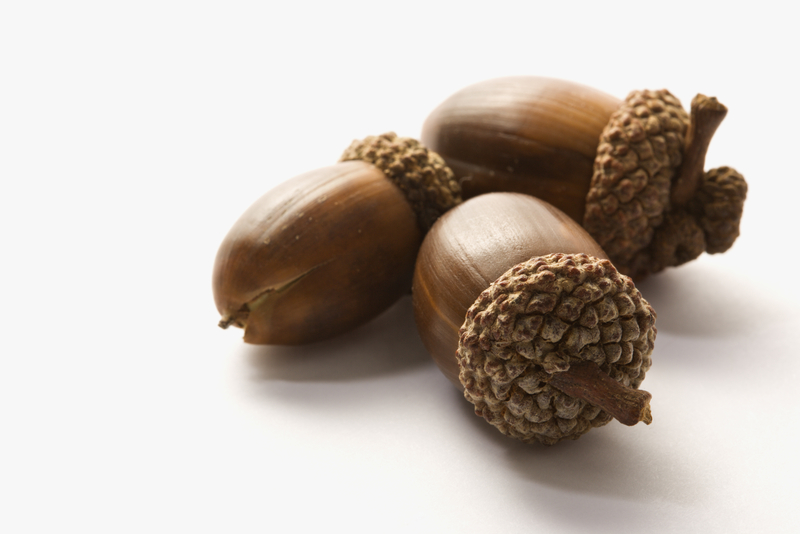
Acorns are not a natural part of a chicken’s diet and should not be fed to chickens in large quantities. While small amounts of acorns may not cause any harm to chickens, they are not a significant source of nutrition and may cause digestive problems if consumed in large amounts.
Acorns contain tannins, which are astringent compounds that can cause digestive upset and interfere with the absorption of nutrients. They can also be difficult for chickens to digest, due to their hard, indigestible shells. In addition, acorns may contain toxins or contaminants that could be harmful to chickens if ingested in large quantities.
It is important to provide chickens with a balanced and varied diet that meets their nutritional needs, including a source of protein, such as insects or commercial chicken feed, and access to fresh water. If you want to give your chickens a treat, it is best to stick to small amounts of cooked, unseasoned foods that are appropriate for their digestive system.
What Should I Do if There Are Lots of Acorns Near My Chickens?
If there are a lot of acorns in the area where your chickens live or roam, it is important to take steps to prevent them from consuming large quantities of acorns. As mentioned earlier, acorns are not a natural part of a chicken’s diet and should not be fed to chickens in large quantities. While small amounts of acorns may not cause any harm to chickens, they are not a significant source of nutrition and may cause digestive problems if consumed in large amounts.
To prevent your chickens from eating acorns, you can try the following strategies:
- Remove any fallen acorns from the area where your chickens live or roam. This will help to reduce the temptation for your chickens to eat them.
- Provide your chickens with plenty of alternative sources of food and treats, such as commercial chicken feed, vegetables, and fruits. This will help to keep your chickens well-fed and reduce the temptation to eat acorns.
- Consider fencing off any areas where there are large numbers of acorns to keep your chickens away from them.
By following these steps, you can help to prevent your chickens from consuming large quantities of acorns and ensure that they receive the nutrition they need to stay healthy.
Can Baby Chicks Eat Acorns?
It is not recommended to feed baby chicks acorns, as they are not a natural part of a chick’s diet and may be difficult for the chick to digest. Baby chicks have a delicate digestive system and are prone to digestive problems if they are not provided with a properly balanced diet. Acorns contain tannins, which are astringent compounds that can cause digestive upset and interfere with the absorption of nutrients. They can also be difficult for chicks to digest, due to their hard, indigestible shells. In addition, acorns may contain toxins or contaminants that could be harmful to chicks if ingested in large quantities.
It is important to feed baby chicks a commercial starter feed that is formulated specifically for their nutritional needs. This will provide them with the right balance of protein, energy, and other essential nutrients that they need to grow and develop properly. If you want to give your baby chicks a treat, it is best to stick to small amounts of cooked, unseasoned foods that are appropriate for their digestive system.